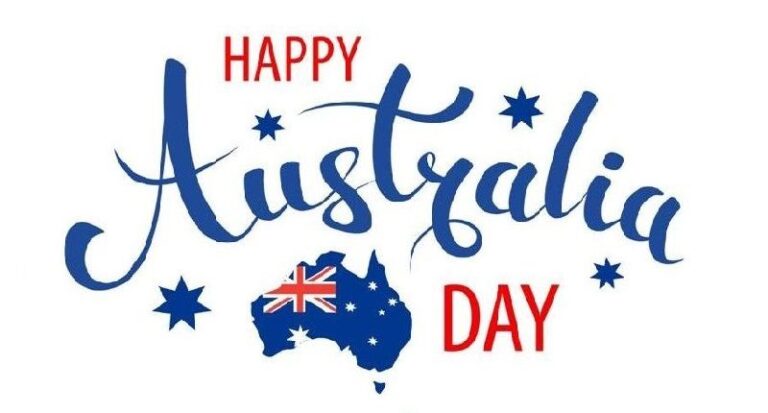On January 26th, Australians come together to celebrate Australia Day. But what is Australia Day, and why do we celebrate it? More importantly, why is the day so controversial?
On the face of it, Australia Day seems like a positive event where everyone can come together and enjoy the national holiday. While some people do enjoy the day and see it as a time to celebrate Australia’s diverse culture, many view the day as a reminder of the country’s dark history.
For Aboriginal and Torres Strait Islander people, Australia Day is a day of mourning. It marks the anniversary of the arrival of the first British ships to Australia, which led to the dispossession of Aboriginal land and the start of the colonisation of Australia.
As you probably know, Australia Day commemorates the day that the first fleet of British ships arrived in Australia in 1788. For many Indigenous Australians, this day is a reminder of the violence that they experienced at the hands of European settlers. Sadly, their stories are often left out of the history that is taught in Australian schools.
If you don’t know the history of Australian Day from this perspective, Australia Day isn’t the positive day that many people have come to enjoy. It’s a day that marks the beginning of centuries of oppression for Aboriginal and Torres Strait Islander people – for many, it’s seen as ‘Invasion Day‘.
Reasons Australia Day Needs To Change
Every year, those in charge face fresh calls to move the date. Here are some of the key reasons people think Australia Day should be changed:
1. It’s a day that commemorates the beginning of British colonisation, and for many Aboriginal and Torres Strait Islander people, it’s a day that marks the start of centuries of oppression. When the British arrived in Australia in 1788, they did so without the consent of the Aboriginal and Torres Strait Islander people who were already living here. Soon enough, the British began forcibly removing Aboriginal and Torres Strait Islander children from their families, a practice that continued well into the 20th century.
2. It’s a day that is not inclusive of all Australians – for many, it’s a day that excludes them. For example, for Aboriginal and Torres Strait Islander people, Australia Day is a reminder of the treatment of their ancestors.
3. It’s a day that is not representative of the true history of Australia. The truth is, Australia has a dark history that includes violence and oppression. Why should a large part of the population have to celebrate a day that reminds them of such pain?
4. It’s a day that is not about celebrating what Australia has become, but rather what it was. Australia Day is a day that celebrates the history of a country that is no longer relevant. Shouldn’t we have a day that everybody can enjoy and that celebrates the Australia of today?
5. It’s a day that is not about unity, but division. Australia Day is a day that reminds people of the divide between Indigenous and non-Indigenous Australians. It’s a day that reminds people of the pain and suffering that Indigenous people experienced many years ago.
Although it’s often assumed that this treatment ended many centuries ago, it wasn’t until very recently that Indigenous Australians were given the same rights and freedoms as other Australians. In fact, it wasn’t until 1967 that all Aboriginal and Torres Strait Islander people were given the right to vote in Federal elections.
With all this in mind, it’s time for change in Australia!
